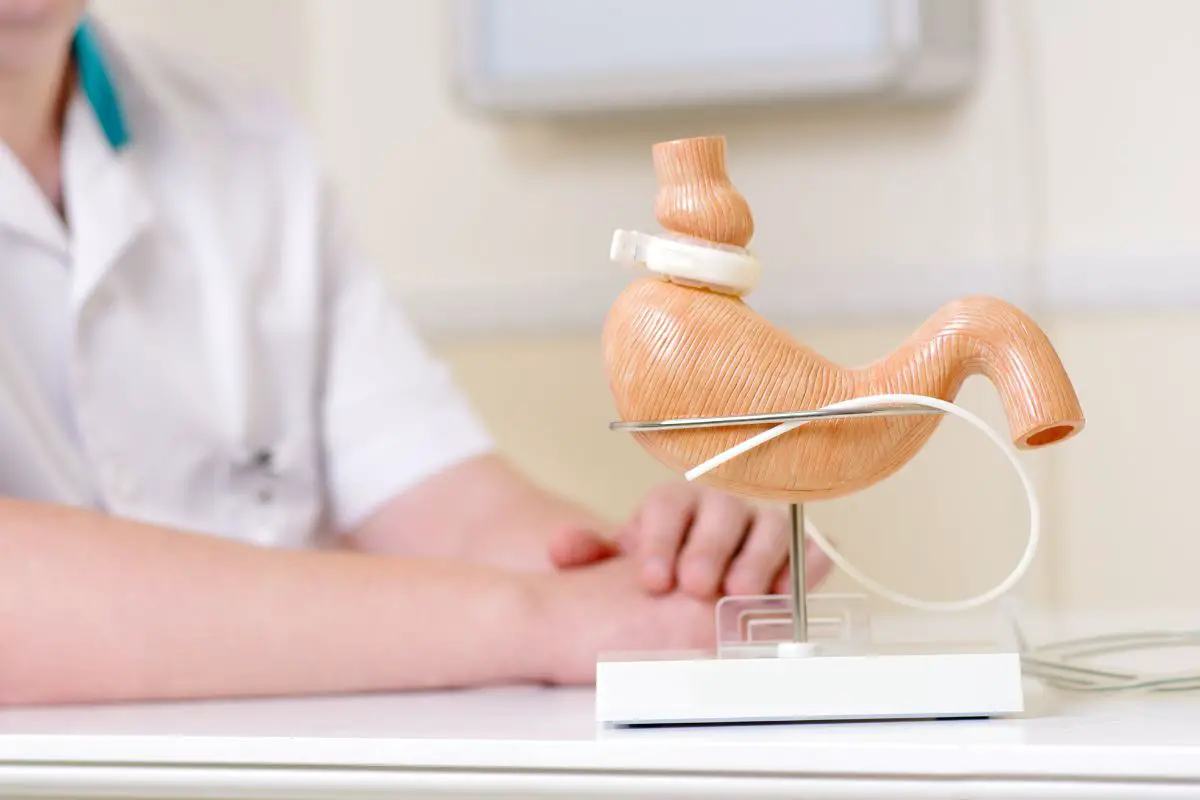Patients who have undergone bariatric surgery require following strict dietary guidelines. Since the stomach gets smaller after bariatric surgery, it becomes challenging to get adequate nutrition and hydration. And if you are a coffee lover, you may wonder whether you can continue drinking coffee as a bariatric surgery patient. So can I have coffee after bariatric surgery? Read on through this guide to find out.

What is Bariatric Surgery?
Bariatric surgery is a weight-loss or gastric bypass surgery that involves altering the digestive system to assist in weight loss. The surgery is done when exercise and diet fail to work when trying to cut weight. It is also done as a result of serious health problems caused by excessive weight. Some of the life-threatening health issues related to weight that necessitate bariatric surgery include:
- High blood pressure
- Type 2 diabetes
- Stroke and heart disease
- Sleep apnea
- Nonalcoholic steatohepatitis or nonalcoholic fatty liver disease
Generally, your doctor can recommend bariatric surgery if:
- Your body mass index (BMI) is 35 to 39.9 (obesity) and you have a serious health problem related to weight.
- Your BMI is at least 40 (extreme obesity).
- If your BMI is 30 to 34 and you are having serious health problems related to weight.
Some bariatric surgery procedures limit the amount of food and drinks you consume. Other procedures work by limiting the ability of the body to absorb nutrients. Certain procedures work both ways.
Can I Have Coffee After Bariatric Surgery
Coffee is among the most consumed drinks worldwide. Many people take a cup of coffee to start their day. Coffee is a great source of antioxidants. It offers numerous health benefits related to brain function, cognitive function, and mood. So can I continue drinking coffee after bariatric surgery?
Although bariatric surgery offers numerous benefits, all kinds of weight-loss surgery are considered major procedures that pose serious side effects and risks. Also, you need to make permanent changes to your diet. Additionally, you should do regular exercises for the long-term success of your bariatric surgery.
Upon undergoing bariatric surgery, you should avoid drinking coffee for at least two months. The main problem with beverages such as coffee is its caffeine. Caffeine works as a natural diuretic, thereby causing water loss from the body. Bariatric surgery patients must drink enough water daily. Consuming caffeine can cause dehydration, which is a serious risk for bariatric surgery patients.
The best beverage after bariatric surgery is water. Water will help you stay hydrated and healthy without the need to add excessive fluids to your smaller stomach.
Caffeine also reduces the absorption rate of some nutrients, especially iron and calcium. After surgery, it is important to consume a nutritious diet and lots of vitamins. If you drink coffee after surgery, its caffeine content will make your body fail to get sufficient nutrients.
Also, coffee is acidic. Its acidity can cause indigestion, regurgitation, and reflux among some people. To make matters worse, the acidity can irritate the stomach sleeve or pouch lining. Allow your stomach to heal completely and your body to adjust fully before drinking coffee.
Once you heal and start drinking coffee, it might taste different than usual. However, this does not mean you cannot continue enjoying your favorite morning coffee. You only need to take note of the additives you plan to add to your coffee.
If you must sweeten your coffee, only add low-fat milk and/or sugar-free syrups. That way, your coffee will taste better without messing with your strict post-bariatric surgery diet.